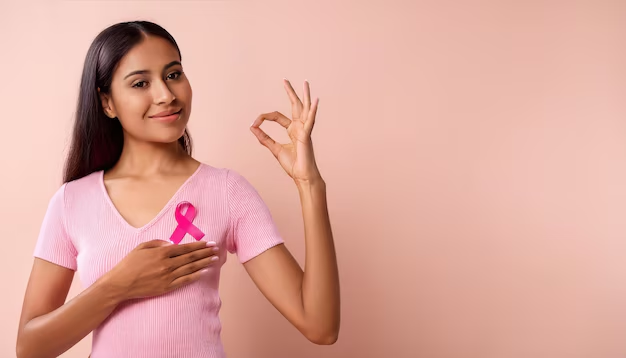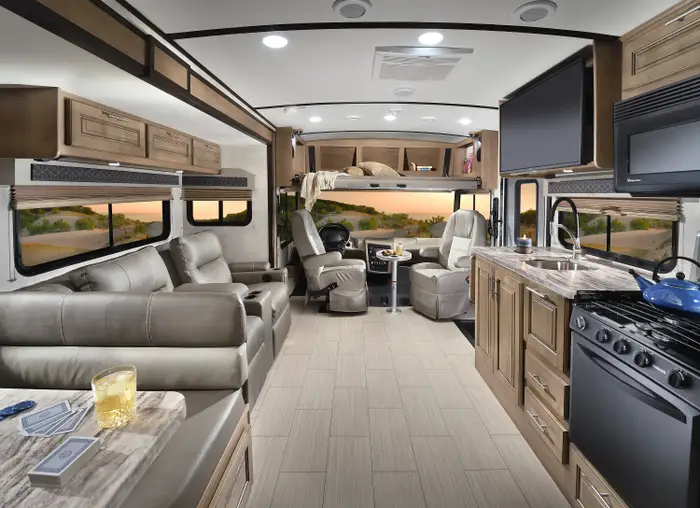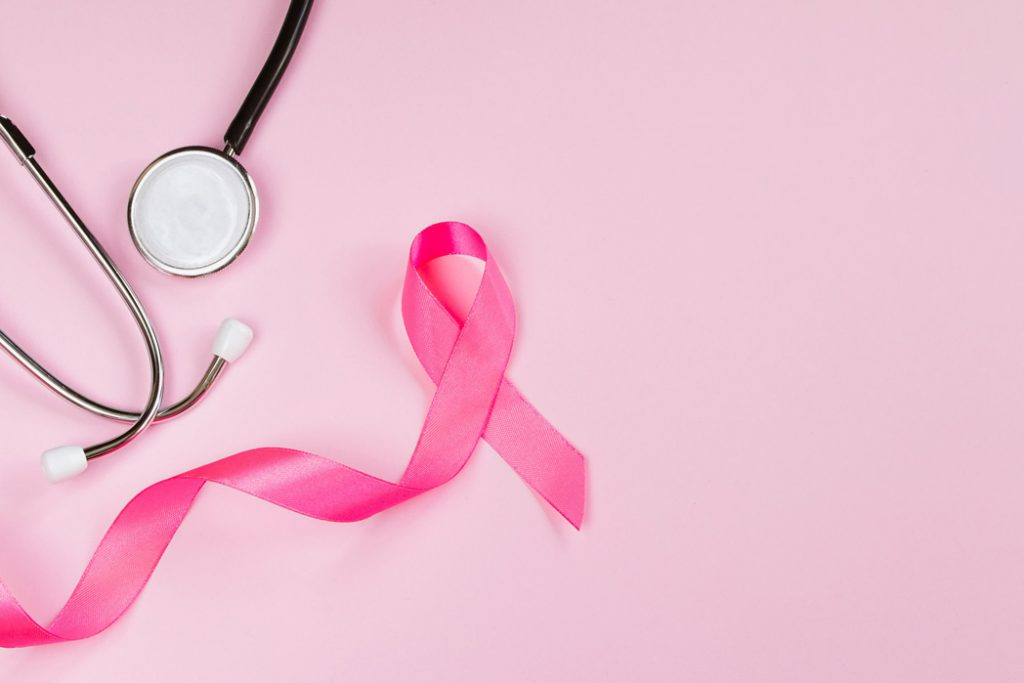
Sleep apnea is a serious condition characterized by interruptions in breathing during sleep, leading to critical health risks such as heart disease, diabetes, and stroke. It often goes unnoticed but significantly affects sleep quality, daily life, and overall well-being. Fortunately, Continuous Positive Airway Pressure (CPAP) therapy is a leading solution that transforms the sleep experience for those suffering from this condition. Users often report profound improvements in sleep quality and daytime functioning, making CPAP therapy imperative for anyone grappling with the effects of untreated sleep apnea.
What Is CPAP Full Face Mask?
CPAP mask is a vital component of the treatment for obstructive sleep apnea (OSA). Its primary function is to deliver a steady stream of air during sleep to keep the airways open, preventing interruptions in breathing. Full face masks are especially noteworthy, as they cover both the nose and mouth, making them ideal for individuals who breathe through their mouths at night. In contrast, nasal masks only cover the nostrils, which can be less effective for mouth breathers.
How Do CPAP Full Face Masks Work?
The technology behind CPAP therapy generates continuous airflow that maintains airway patency, thereby reducing or eliminating sleep apnea episodes. The full face masks create a secure seal around the face, which ensures that the air pressure is effectively delivered without significant leakage. This seal is crucial for the efficacy of the treatment, as any air loss can diminish therapeutic benefits.
Features Of CPAP Full Face Masks
User comfort plays an essential role in mask selection, and many full face masks offer features designed to enhance comfort and usability. Adjustable straps and lightweight materials improve the overall fit, while various sizes accommodate different facial structures, ensuring a proper seal without compromising airflow. These elements contribute to user satisfaction during sleep therapy, making it easier to wear the mask throughout the night.
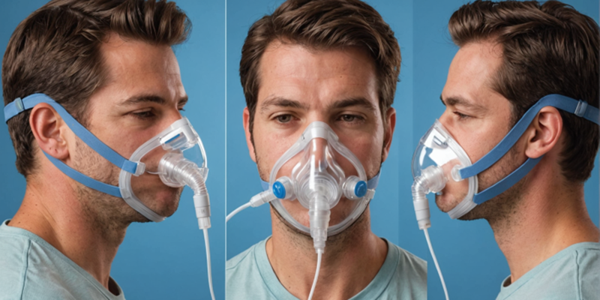
Popular Brands Of CPAP Full Face Masks
The market for CPAP full face masks has seen notable expansion as awareness of sleep apnea treatments grows. A wide variety of masks cater to diverse user preferences related to comfort, design, and functionality. This abundance allows for a tailored experience that promotes better compliance and overall improved sleep quality for individuals suffering from sleep apnea.
ResMed
Price: $100 - $200
Renowned for innovative design and quiet operation, ResMed masks prioritize exceptional comfort, making them a top choice among users.
Philips Respironics
Price: $80 - $180
These masks are made with durable materials and effective air delivery systems. They also emphasize convenience with easy-cleaning features.
Fisher & Paykel
Price: $90 - $150
Known for their unique airflow dynamics and soft silicone, these masks provide a customizable fit for enhanced comfort during sleep.
Apex Medical
Price: $70 - $160
Apex Medical masks are popular due to their affordability and reliable performance, appealing to newcomers and seasoned users alike.
ComfortGel Blue
Price: $60 - $120
Featuring a uniquely contoured gel cushion, ComfortGel Blue masks excel in effective leak prevention, ensuring a restful night's sleep.
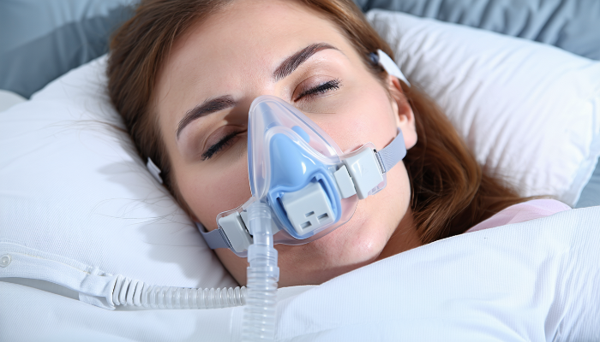
FAQ
Can I Use a Cpap If I Breathe Through My Mouth?
Yes, mouth breathers can effectively use CPAP therapy, and a full face mask is highly recommended for this purpose. Mouth breathing bypasses the nasal passages that help humidify and filter air, thus a full face mask ensures that both the mouth and nose are properly sealed. This design is crucial for maintaining suitable air pressure and preventing air leaks, maximizing the treatment's effectiveness for individuals with sleep apnea.
What Type Of Cpap Mask Is Best For Mouth Breathers?
For those who predominantly breathe through their mouths, a full face mask is the optimal choice. Unlike nasal masks, which may not offer sufficient coverage, full face masks provide a secure fit over both the nose and mouth, ensuring efficient therapy delivery. It is vital to select a mask that fits comfortably to avoid discomfort or irritation during sleep. Many popular brands feature adjustable straps and cushioning for different face shapes, enhancing both fit and comfort.
Does Cpap Stop Snoring?
Yes, CPAP therapy is effective in significantly reducing or stopping snoring, especially when it relates to sleep apnea. By maintaining open airways during sleep, a CPAP machine helps prevent the collapse of throat muscles, a primary cause of snoring. Therefore, individuals using CPAP not only experience a reduction in snoring but also enjoy improved overall sleep quality.
How Many Hours Should You Wear a Cpap Mask?
The general recommendation for using a CPAP mask is to wear it for at least 4 to 8 hours each night, based on findings from sleep studies. Consistency is crucial; regular use of the CPAP machine yields greater therapeutic benefits, including improved oxygen levels and decreased daytime fatigue. Establishing this habit can lead to significant improvements in sleep apnea symptoms and overall health.




